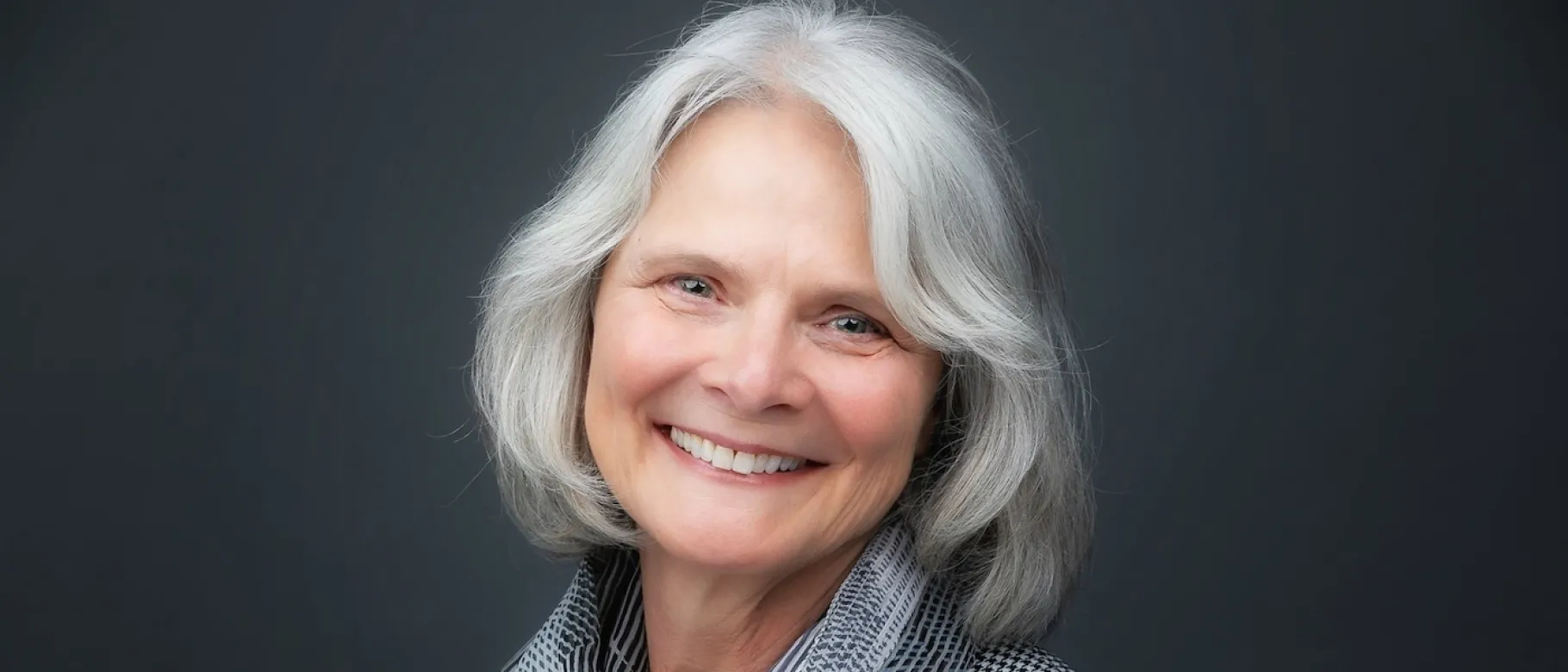UNE's Susan Wehry discusses COVID-19 and dementia at Boston-area webinar

Susan Wehry, M.D., chief of Geriatrics and associate clinical professor in the University of New England College of Osteopathic Medicine, recently was a guest panelist on the Boston-area virtual community outreach series “Brain Info Live,” where she accepted questions related to dementia, COVID-19, and ways to reduce burnout and pandemic-related stress.
“Brain Info Live” is an initiative of the BrightFocus Foundation that brings a sustained Alzheimer’s education campaign to clinical research centers across the country and addresses equity, diversity, and health disparities.
Wehry appeared during the Q+A portion of the event, “Is There a Link Between COVID-19 and Dementia?” Her portion was preceded by a presentation Marie Pasinski, M.D., assistant professor of neurology at Harvard Medical School and staff neurologist at the Massachusetts General Hospital McCance Center for Brain Health.
Wehry discussed ways to reduce fear in difficult times, such as the coronavirus pandemic — for example, by reducing exposure in physical and psychological ways, getting outside, and engaging in physical exercise.
She also discussed strategies for caregivers and health care workers for dealing with the stress of the pandemic.
“I tell health care workers to get some sleep, and they say, ‘Are you kidding?’” she remarked. “I’m not kidding. I know that people are working long hours and that it’s hard to unwind when they go home, but I also know the sleep is very restorative”.
Staying connected is key, Wehry said, and recommended that health workers spend time with people who are not as stressed (calm, she notes, is as contagious as anxiety), walk as much as possible, and remind themselves of the true purpose of their work. She also encouraged people to mitigate burnout by engaging in a daily gratitude practice by saying, out loud, for what and for whom they are grateful.
She acknowledged that such practices are hard work but stressed that they have long-term benefits backed up by science.
“I don’t want anyone to have the impression that I think this is easy,” Wehry stated. “What I’m trying to say is that you’re already using some tools to regain your balance. Once you’ve reclaimed your brain, you can take it one more step and grow from this experience.”
When asked what she personally does to stay positive, Wehry stated, “I take my own advice.”
“I used to take a lot of time doing the ‘doom scroll,’ but now I don’t,” she said. “Instead, I read the print newspaper and avoid streaming news. I walk outside every single day, and, when I can’t, I look out the window. As a child, they called it daydreaming. Now that I’m an adult, I call it expanding my psychological space so I can remain positive and creative.”